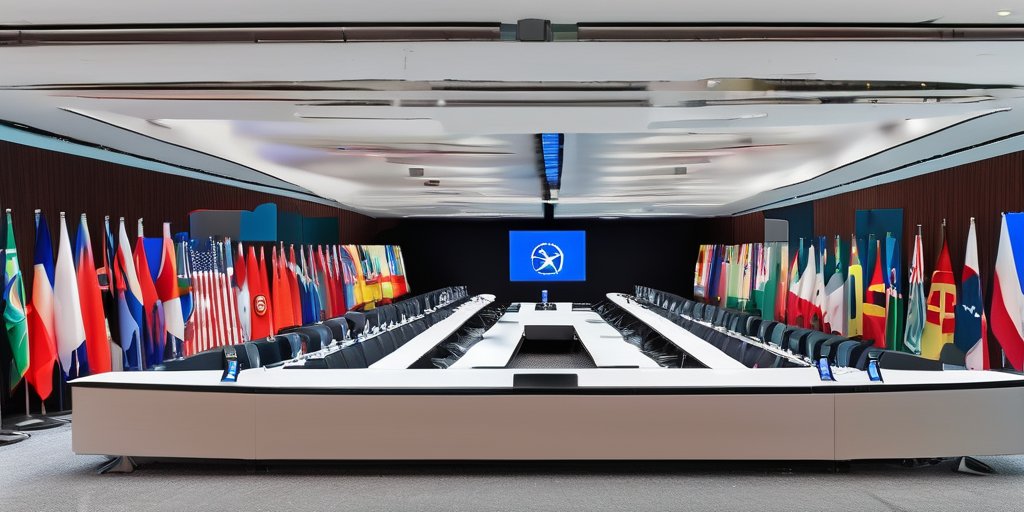The upcoming NATO summit in The Hague is set to be dominated by one key figure: President Donald Trump. With 32 nations represented, the focal point of discussions will be Trump’s unwavering demand for higher defense spending from European allies. NATO Secretary General Mark Rutte has crafted a summit agenda intended to placate Trump, ensuring that European nations commit to increasing their military expenditures. This reflects a significant shift in NATO obligations, influenced both by Trump’s policies and the evolving security landscape, particularly concerning Russia’s aggression.
Since taking office, Trump has consistently criticized European allies for not meeting their defense spending commitments, arguing that they owe the United States significant amounts of money. His first NATO summit was marked by strong rhetoric, and as he returns as the 47th President, he is poised to make similar demands. Under Rutte’s leadership, NATO aims to present a unified front, albeit one that may need to navigate underlying tensions regarding trade, international relations, and commitments to collective defense.
The summit is reported to feature a reduced agenda, lasting only three hours, a move interpreted as a reflection of Trump’s preference for succinct discussions. The streamlined format may also serve to obscure divisions among member countries regarding spending levels and to emphasize Trump’s role as the centerpiece of the meeting. Alongside claims that he has forced nations to increase defense budgets, Trump’s influence on European military policy is palpable, with some countries already escalating their spending to meet new targets of 5% of GDP—a benchmark set in response to NATO’s renewed focus on security.
Despite pressure from both the U.S. and the urgent geopolitical climate following Russia’s invasion of Ukraine, many NATO member states may struggle to meet even the revised targets. Analysts like Ed Arnold worry about potential “creative accounting” as nations seek to satisfy political requirements without actual increases in defense capabilities.
As NATO grapples with its strategic posture in light of Russian threats, this summit promises to be a critical juncture for transatlantic defense relations, with Trump’s demands ensuring that he remains the focus leading into 2024. With heightened security measures also planned for this summit—marking it as one of the most expensive and complicated in NATO’s history—leaders will navigate a landscape shaped by past criticisms and contemporary challenges.
Ultimately, while Trump’s presence at the NATO summit may signal a new era of allied obligations, it will undoubtedly provoke discussions about the balance of power, accountability, and the necessity of defense spending against existential threats like Russia.
